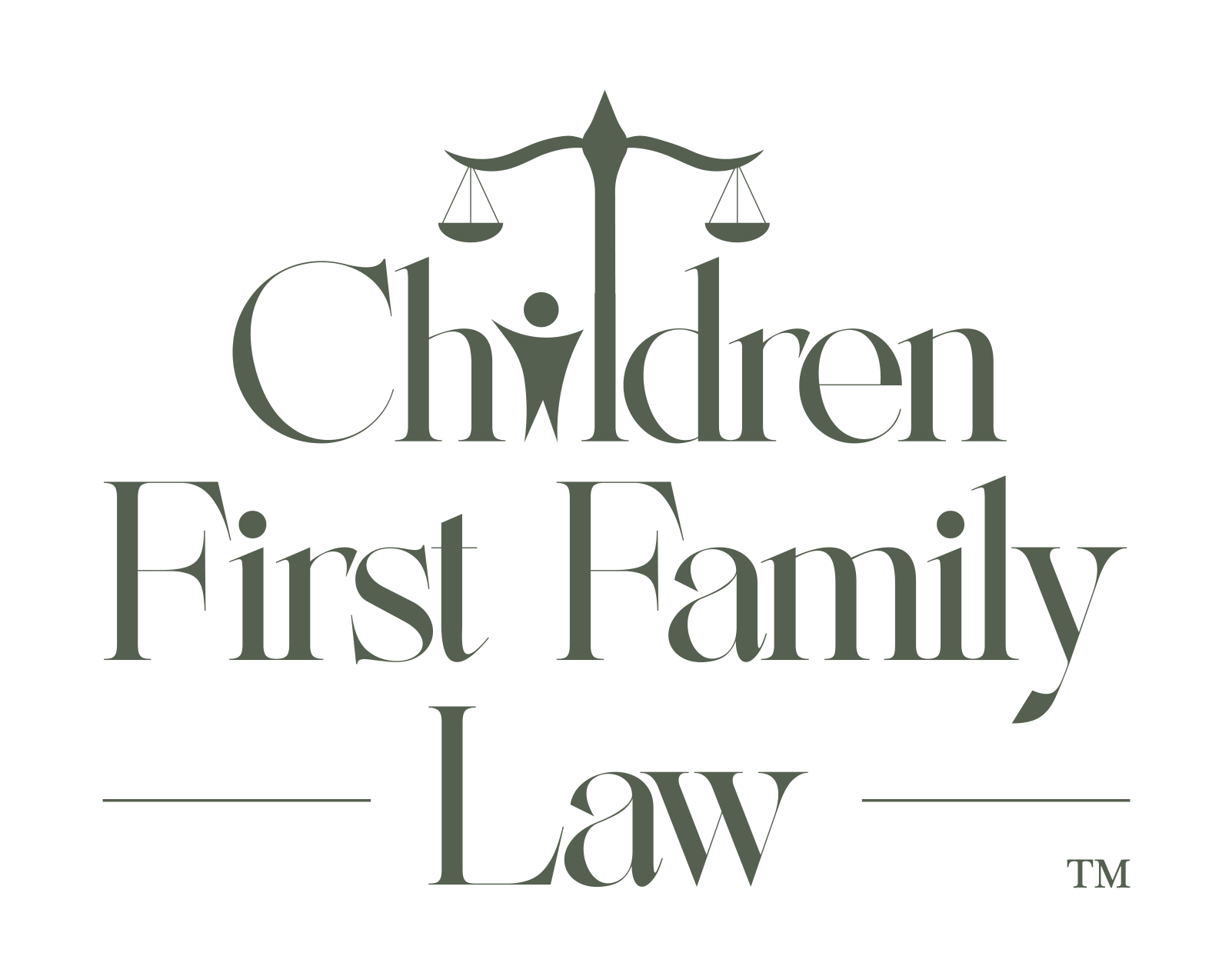When families enter the family law system, each member brings a unique set of experiences, emotions, and needs. For neurodivergent families—those navigating autism, ADHD, or other differences in brain functioning—those needs can be especially complex. In this episode of the Children First Family Law®️ podcast, Krista sits down with Meggin Rutherford, a Colorado attorney and parenting coordinator who is both a professional and a parent within the neurodivergent community.
Meggin’s journey is deeply personal. After years of working in family law, she discovered that both she and her children are neurodivergent. That revelation not only helped her understand herself but also transformed the way she supports families in crisis. Through her dual lens as a lawyer and mother, Meggin sees the urgent need for a more informed, compassionate approach to family law, one that recognizes neurodiversity as a natural variation rather than a problem to be fixed.
Meggin explains that neurodiversity refers to the various ways brains can function, encompassing conditions such as autism and ADHD, as well as learning differences like dyslexia. These differences are biological, not behavioral, and they impact how children process information, manage transitions, and interact with their environments. When family law professionals overlook those realities, even well-intentioned parenting plans can create distress rather than stability.
Two key considerations stand out in Meggin’s work: decision-making and transitions. Neurodivergent children often need predictable routines and fewer disruptions. For families in transition, that may mean reducing back-and-forth custody exchanges or designating one parent as the final decision-maker in educational and medical matters. Meggin stresses that these adjustments aren’t about limiting parental rights. They’re about ensuring children feel secure enough to thrive.
Her message to parents is clear: labeling isn’t limiting. Recognizing and naming a child’s neurodivergence helps everyone—parents, professionals, and the child themselves—understand how to build a world that fits them, not the other way around. As Meggin puts it, “Don’t try to make a zebra an Olympic show horse.”
Understanding neurodiversity allows family law professionals to craft solutions rooted in empathy and evidence. When courts, attorneys, and parents take the time to see families clearly, they can create plans that honor each child’s individuality and foster genuine stability after divorce.
If you want to learn more about the Children First Family Law Podcast, check out www.childrenfirstfamilylaw.com/seeing-families-clearly-understanding-neurodiversity-in-family-law-with-meggin-rutherford.
